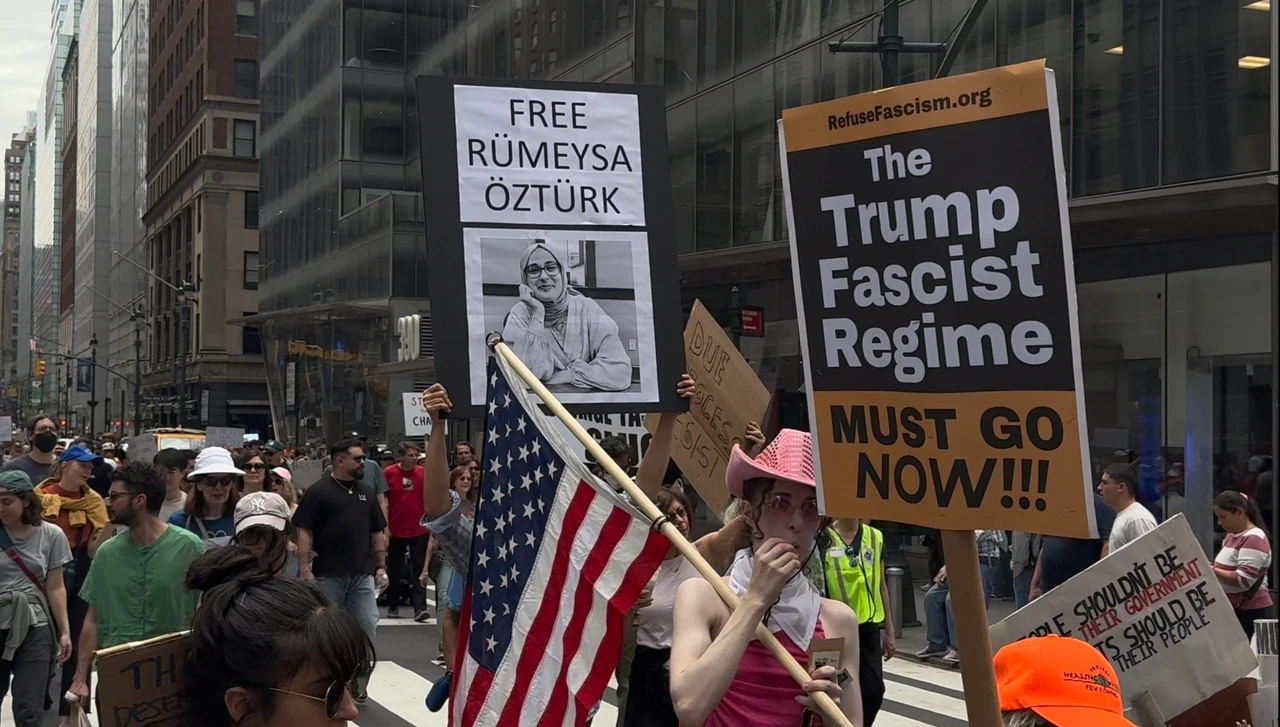Judge rules UK’s asylum deportation law inapplicable in Northern Ireland

A High Court judge in Belfast rules that human rights issues prevent Northern Ireland from enforcing a UK statute that allows the repatriation of asylum seekers to Rwanda
A judge of the High Court in Belfast ruled on Monday that human rights issues prevent Northern Ireland from enforcing a UK statute that allows the repatriation of asylum seekers to Rwanda.
The decision has sparked discussion among political groups in the province ruled by the British, which keeps its own legal system apart from that of England and Wales. Though Northern Ireland’s political parties have welcomed the ruling as a win against the contentious deportation plan, UK Prime Minister Rishi Sunak has vowed to carry out the plan and has promised an appeal.
Emphasizing the government’s will to deal with irregular migration, Sunak said, “We must start the flights to stop the boats.”
The UK government’s attempts to stop record amounts of illegal migration—especially by “small boats” crossing the Channel from northern France—have been beset by legal obstacles. The UK Supreme Court ruled the deportation scheme to be unlawful under international law last November. But new laws approved by the parliament classify Rwanda as a safe nation, allowing decision-makers to ignore some human rights issues and enabling deportation flights.
Judge Michael Humphreys of Belfast sustained objections to the legislation permitting the detention and return of asylum seekers to Rwanda. The Illegal Migration Act, according to the Northern Ireland Human Rights Commission, violates the UK’s domestic and international commitments under the Windsor Framework, a deal between London and the EU that controls post-Brexit arrangements in Northern Ireland.
Judge Humphreys decided against implementing some of the laws because she believed they violated the rights of asylum seekers that were protected by the Belfast/Good Friday Agreement of 1998, which put an end to decades of sectarian strife in Northern Ireland. The ruling also emphasized purported infractions of rights guaranteed under the European Convention on Human Rights (ECHR), to which the United Kingdom is still a signatory.
As the legal challenger on behalf of a 16-year-old Iranian asylum seeker, human rights attorney Sinead Marmion celebrated the ruling as a win for the rights of asylum seekers in Northern Ireland. Citing inconsistency with the Windsor Framework, Marmion underlined that the decision poses a major barrier to the execution of the Rwanda deportation plan.
While Sinn Fein, the biggest pro-Irish unification party, praised the ruling as proof of the British government’s inability to respect human rights norms, the major pro-UK unionist party in Northern Ireland emphasised the need for uniform immigration rules throughout the UK.
The decision comes as tensions between Ireland and the UK over the repatriation of asylum seekers from the EU member state to the UK are rising. The declaration by Dublin of emergency regulations to deport Northern Ireland migrants entering Ireland highlights the intricacy of the politics surrounding asylum and migration in the area.
The consequences of Monday’s decision, which are still being contested, go beyond Northern Ireland and illuminate more general issues of human rights, immigration policy, and international duties.
Source: AFP



